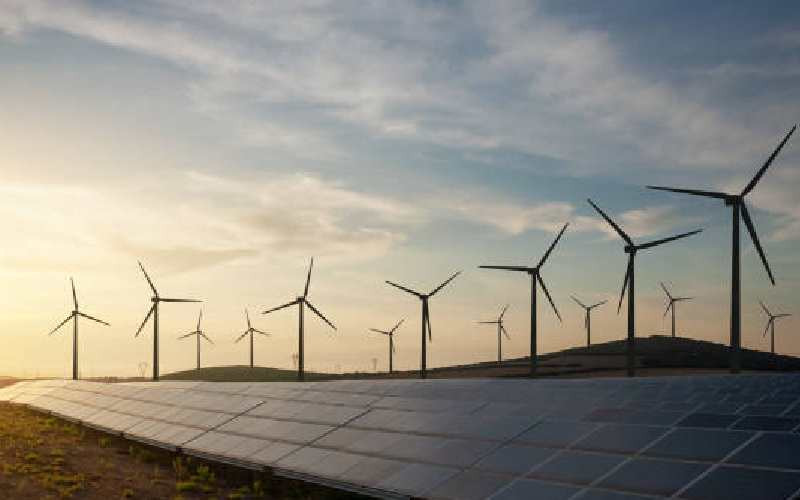
Climate change is no longer a story of when or how. The crisis is with us now, and every community and sector of the economy is feeling the devastating impacts of the climate crisis.
Despite decades of calls to reduce dependency on fossil fuels and transition to clean energy sources, such as solar and wind, countries continue to use coal, oil and gas to fuel their economies. Not only does this mean that carbon emissions have been increasing at an alarming rate, but our food system has become very intertwined with the fossil fuel system.